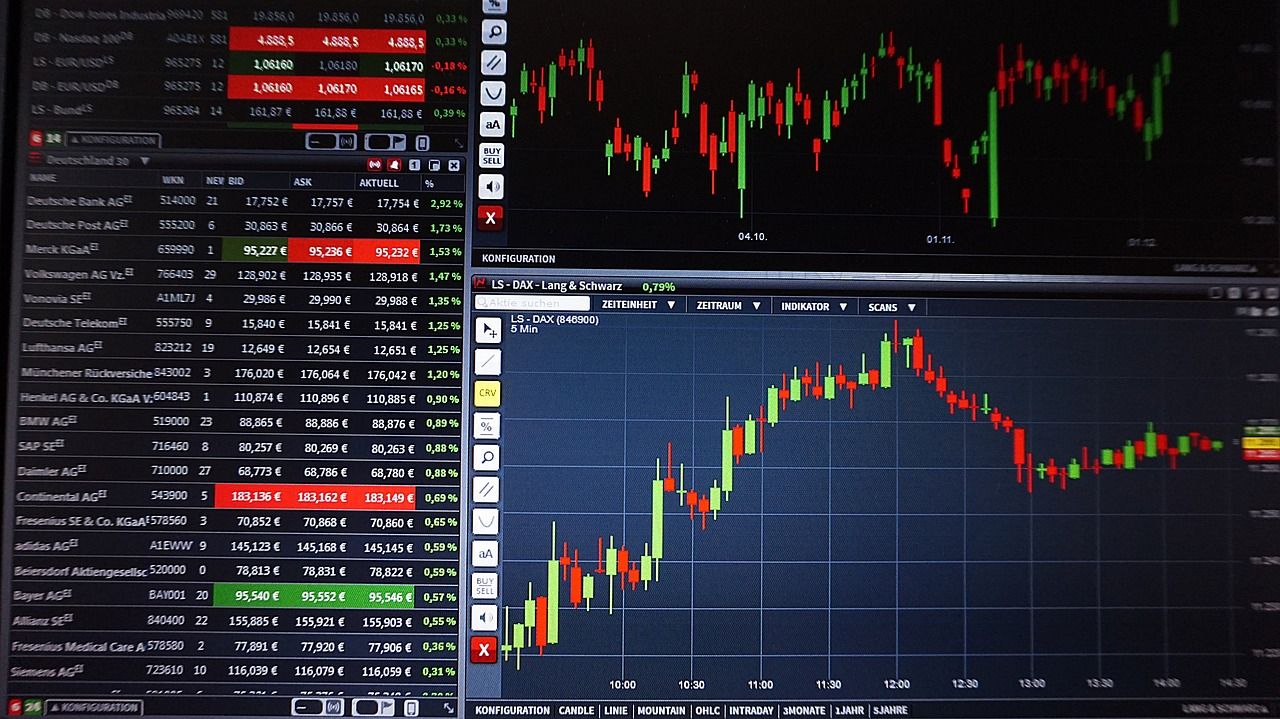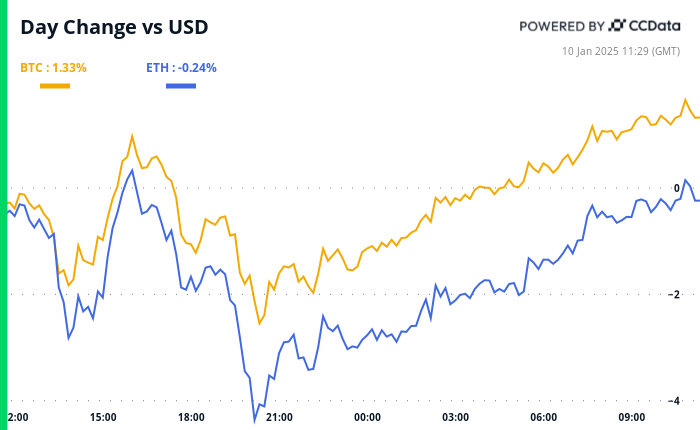American politicians are now stuck in a heated and ridiculous debate over a strange twist in American law called the “debt ceiling.” Since 1917, America’s budget allocation process has separated the actual budget (already approved by Congress) from the government’s ability to sell bonds to pay for it.
Treasury Secretary Janet Yellen said the U.S. government could default, including suspending interest payments on the bonds, if the new bonds aren’t approved by June 1.
This bizarre process has become a very attractive tool as a theatrical, media-conscious political tool. Fiscal conservatives have used the debt ceiling vote more frequently in the last three decades as an opportunity to call for spending cuts. With a tight deadline and desperate negotiations unfolding, there’s no political risk to discussing the specific elements of the budget, which makes it a good fodder for television coverage.
Despite its emptiness, the debt ceiling debate has practical implications for the traditional financial sector. Most notably, it raises the cost of borrowing for everyone. Moreover, the debt ceiling stalemate will have long-term systemic consequences for America’s position as a global financial linchpin.
And from these two influences, Bitcoin is no stranger.
Default first stage damage
Especially serious people regard the “showdown” over the debt ceiling as pure political drama. First, politicians who are said to be taking a bold stance against spending are already in favor of spending.
Second, the implications of an actual US default would be devastating beyond comprehension, and economists don’t believe politicians will actually carry out their threats.
But given that the loudest voices in the debt ceiling confrontation are the far-right populists dubbed the “Freedom Caucus,” conservative hardliners within the Republican Party, that hypothesis becomes less compelling. That’s why Democrats are trying to bargain with more moderate Republicans, including House Speaker Kevin McCarthy.
Still, the odds of a US Treasury default actually happening are extremely slim. But if that were to happen, things like Bitcoin’s price would be relegated far down on almost everyone’s list of worries. Treasury Secretary Janet Yellen did not take the impact of a default too seriously, calling it a “serious hardship for American households,” but it would cause a severe blow to the U.S. economy.
Damage comes in two stages. The first impact is the suspension of government payments for everything from welfare benefits to large military contracts. If that happens, traditional indicators such as GDP and stock markets will immediately plunge. Given the recent release of data showing a strong correlation between Bitcoin and IT stocks, Bitcoin is likely to fall in the short term as well.
Again, default is highly unlikely. However, the impact is so great that even the smallest possibility is already reflected in the market. Yields on 10- and 30-year Treasuries have already edged higher, reflecting the increased risk of holding them. The Dow Jones Industrial Average and Bitcoin have also fallen over the past two weeks. But this is due to other uncertainties in the market, and it is difficult to tell whether the price action is directly related to the debt ceiling issue.
But the second stage of default-induced economic catastrophe will be more complex, lasting, and fatal.
Major damage to the global economy
A US Treasury default will dramatically reshape the global financial system, and Bitcoin’s role as a global financial infrastructure will grow. This is another example of Bitcoin’s role, theoretically acting as a hedge against catastrophic scenarios. In other words, it is a positive scenario for Bitcoin precisely because it is highly unfavorable for human society.
A default would first extinguish the appetite for holding U.S. Treasuries. If that happens, the cost of paying interest on existing government bonds will be so high that America will likely be forced into severe austerity. If that happens, the global economy will slow down dramatically, which will also put downward pressure on Bitcoin.
Likewise, a US default would accelerate the move away from the US dollar as a tool of trade and investment around the world. The U.S. dollar’s biggest draw is its strength and stability, and a default would definitely hurt. Saudi Arabia, Russia and China have recently moved to decouple their crude oil trade from the US dollar, and a default could bring such moves closer to reality.
Such fears will create at least some demand for Bitcoin as an international trading tool. But that’s not all.
unsustainable road
My sneer that the debt ceiling stalemate is pure political drama is not because I disagree with the nominal goal of cutting government spending. Rather, they are frustrated that the semi-annual debt ceiling disputes are a grossly inadequate way to impose fiscal responsibility.
Debt and deficits are a very serious problem, not just in America, but in the world as a whole. In the United States, 7% of federal government spending goes to debt service. Taxes no longer serve to strengthen the economy or improve the lives of the people. And each year, with each deficit, the spending to service the debt goes up.
We are clearly on an unsustainable path. But so are other countries. National debt around the world now stands at 102% of GDP, a record high. This is a little above the 100% level that individual countries are considered sustainable. That has fueled fears of what some call the Great Reset, a cascade of sovereign defaults that will have far-reaching consequences for bondholders.
The impact of a default would be devastating as government bonds represent such a large proportion of assets on global balance sheets. And volatility in the US bond market is likely to set off a chain reaction.
Such a scenario would be part of the wider argument for Bitcoin’s rise as a global reserve currency and instrument of trade (leaving serious technical issues aside for the moment).
In a default-prone environment, Bitcoin’s function as a neutral currency could provide a huge back net, as it is unrelated to sovereign debt risk. The debate over the U.S. debt ceiling is childish and silly, but it highlights the seriousness and unpredictability of the risks.
|Translation and editing: Akiko Yamaguchi, Takayuki Masuda
| Image: US House of Representatives (Shutterstock)
|Original: What Does the Debt Limit Showdown Mean for Bitcoin?
Read More: bitcoinwarrior.net

![The impact of the US debt ceiling problem on Bitcoin[Column]| coindesk JAPAN | Coindesk Japan](https://files.ourbitcoinnews.com/wp-content/uploads/2023/05/19023912/shutterstock_1186368262-300x201.jpg)







 Bitcoin
Bitcoin  Ethereum
Ethereum  Tether
Tether  XRP
XRP  Solana
Solana  Dogecoin
Dogecoin  USDC
USDC  Cardano
Cardano  Lido Staked Ether
Lido Staked Ether  TRON
TRON  Avalanche
Avalanche  Sui
Sui  Wrapped stETH
Wrapped stETH  Toncoin
Toncoin  Chainlink
Chainlink  Shiba Inu
Shiba Inu  Wrapped Bitcoin
Wrapped Bitcoin  Stellar
Stellar  Hedera
Hedera  Polkadot
Polkadot  WETH
WETH  Bitcoin Cash
Bitcoin Cash  LEO Token
LEO Token  Uniswap
Uniswap  Litecoin
Litecoin  Pepe
Pepe  Hyperliquid
Hyperliquid  Wrapped eETH
Wrapped eETH  NEAR Protocol
NEAR Protocol  USDS
USDS  Ethena USDe
Ethena USDe  Internet Computer
Internet Computer  Aptos
Aptos  Aave
Aave  Mantle
Mantle  Cronos
Cronos  POL (ex-MATIC)
POL (ex-MATIC)  Ethereum Classic
Ethereum Classic  MANTRA
MANTRA  Render
Render  Bittensor
Bittensor  Monero
Monero  Artificial Superintelligence Alliance
Artificial Superintelligence Alliance  Dai
Dai  Tokenize Xchange
Tokenize Xchange  Filecoin
Filecoin  Arbitrum
Arbitrum